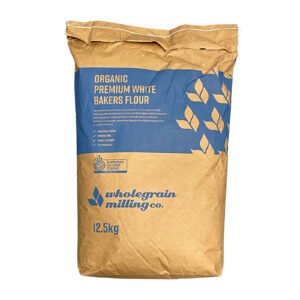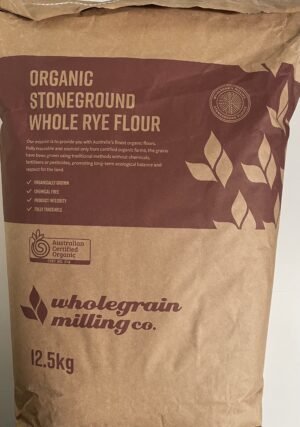Non wheat flour has become a solution for many, but how do you cook with it? I will guide you through this exciting alternative, ensuring that your dishes are both delicious and nutritious.
Gastronomy is a constantly evolving art, driven by innovation, dietary needs, and personal preferences. One of the most current challenges is the search for alternatives to wheat, whether due to allergies, intolerances, or simply by choice.
All of this has led me to present this special article to you, and I hope you enjoy it!
Discover the Gluten-Free Italian Flour, take advantage of a special price! Click here.
Table of Content
Types of Non Wheat Flour: An Overview
Before diving into cooking techniques, it’s vital to understand the different alternatives available. Non wheat flour is not just one type of flour, but a broad term that encompasses many options:
- Almond flour: Rich in protein and fiber, it’s ideal for pastry and low-carb bread recipes.
- Oat flour: Although oats are naturally gluten-free, it’s essential to ensure they’re certified gluten-free if necessary for your diet.
- Coconut flour: It absorbs much more moisture than other flours, so it’s crucial to adjust the liquid proportions in your recipes.
- Chickpea flour: With a distinctive earthy flavor, it’s an excellent base for savory recipes.
Adapting Your Favorite Recipes
When you decide to replace wheat flour in a recipe, it’s not as simple as making a 1:1 swap. Cooking with Non wheat flour requires some adjustments in terms of liquids, cooking times, and leavening agents.
Proportions and Mixes
Generally, a combination of non-wheat flours will give the best texture and taste. For instance, mixing almond flour with coconut flour might yield a texture closer to that of wheat.
Adjust Liquids
Some flours, like coconut, require more liquid or fat. You might need to experiment to get the right consistency.
Time and Temperature
Cooking with Non wheat flour affects the cooking times and temperatures. Generally, you might need to reduce the oven temperature and increase the cooking time.
Nutritional Benefits and Flavor Diversity
Beyond dietary needs, choosing Non wheat flour is an excellent decision from a nutritional standpoint. These alternative flours tend to be rich in proteins, fibers, and other essential nutrients. Moreover, they introduce a variety of new flavors and textures to your dishes, allowing you to explore a broader range of culinary creations.
The world of cooking with alternative flours is vast and thrilling. While it demands a period of adjustment and experimentation, the results are worth it.
Not only will you get dishes that cater to your dietary needs, but you’ll also discover new flavors and combinations that you might otherwise have overlooked.
So, be encouraged to explore and savor everything Non wheat flour has to offer!






